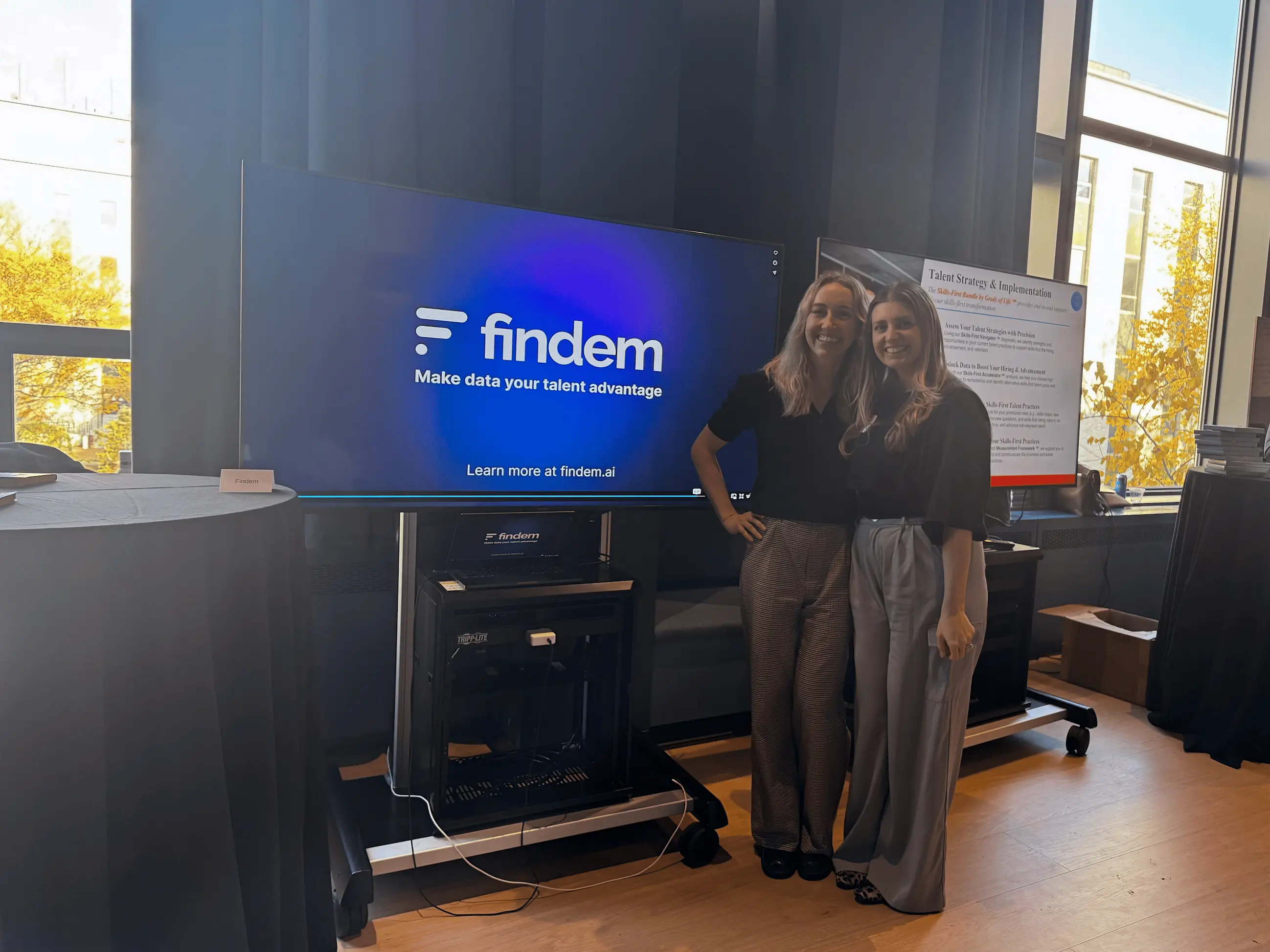.svg)
Debunking 5 myths about copilots for recruiting
.svg)

AI copilots are everywhere, from Salesforce’s Einstein to Microsoft’s own AI assistant. Broadly speaking, they’re AI assistants designed to accomplish routine tasks faster than humanly possible. In the recruiting space, they’re being used to automate candidate searches, assist with outreach emails, and even create curated shortlists of top talent.
However, there’s still trepidation about GenAI and its application across the talent acquisition process. Some recruiters see AI as a “black box,” while others don’t trust the automated recommendations produced by popular copilots in the space, per a recent survey conducted by WIRED.
Wherever you stand on AI copilots, we’re here to debunk a few all-too-common myths about their place in the recruiting space. Keep reading to learn the truth about copilots for recruiting. And don’t worry, we won’t have a HAL 9000 situation on our hands in the near future.
Myth #1: Copilots are here to take your job
Truth: Recruiters who learn to use the most effective recruiting tools will replace those who don’t
Imagine a world where recruiters sit at their desk, click a few buttons, and let AI fill all of their open requisitions. Luckily, you only need to imagine such a world — it doesn’t exist.
While copilots themselves won’t replace recruiters, recruiters who learn to use copilots will. It’s a simple fact — copilots are the future of recruiting.
Recruiting can be a time-consuming process, with job descriptions to write, hiring managers to please, applications to review, and most importantly, talent to find. Copilots can help speed things up, but it’s important to note that a copilot’s influence ends when the decision making begins.
That’s a job for a recruiter, who will always be in the driver’s seat when it comes to deciding who to hire. Those who embrace copilots and can responsibly use AI will become more strategic in their approach to talent acquisition. And by automating as much of the IQ part of the talent process as possible, talent team members will have more time to focus on the EQ.
Myth #2: Copilots are only for inexperienced recruiters
Truth: No matter the experience level, copilots work for everyone
To be a recruiter, you need a specific, difficult-to-train-for combination of IQ and EQ competencies. It takes years to hone them, but AI makes it possible to uplevel any recruiter’s skills. That’s because AI can automate many of the IQ parts of the job so recruiters can focus on making human connections.
Whether you’re just getting started as a recruiter or have spent years in the talent acquisition space, GenAI presents an exciting opportunity for growth. It can give experienced recruiters the jumpstart they need to improve their tried-and-true methods for writing job descriptions or crafting outreach emails. And it can serve as a guide to the more inexperienced talent team members just learning about their job responsibilities.
As we mentioned above, recruiters who challenge themselves to understand GenAI and embrace it in their own workflows will become more effective, efficient, and valuable to their organization.
Myth #3: Trust the copilot, it knows more than you do
Truth: When in doubt, trust your gut
AI tools can only be as good as the data that supports them.
Simplistic data, or data that is wrong or biased, will throw off any model. The amount of data provided to any model also impacts its output. If the model is fed too much data, it will begin to eliminate content from the beginning of the input, removing earlier context and knowledge. On top of that, administrators must calibrate and fine-tune how the models interpret prompts to ensure hallucinations don’t happen.
Hallucinations occur when AI makes assumptions that may or may not be true. When there is a lack of data (and sometimes, too much data) and oversight, AI will invent information. These hallucinations are especially concerning in the context of decision making in recruiting.
That’s why the best recruiters make hiring decisions, and why copilots that are purpose built for recruiting will generally be more reliable but still depend on a talent professional’s experience, intuition, and know-how.
Myth #4: Just add a copilot, that will solve everything
Truth: Start with the business use case, then choose the best copilot for the purpose
No matter your company size, recruiting copilots can be a beneficial tool to uplevel the talent organization. For small and medium-sized businesses, copilots can help even the playing field, providing advanced analytics and sourcing capabilities with minimal upfront investment. Talent leaders who embrace these technologies today have the opportunity to transform the talent function and unlock their own potential in the future.
As such, it’s important for organizations to take a step back and understand where recruiting copilots fit in the talent tech stack. Before picking just any copilot, it’s critical for leaders to ask themselves:
- What business challenge are we attempting to solve with the implementation of a copilot?
- What business value does each AI copilot provide to my company?
- Do these value adds align with my company goals in the short term and long?
- How "easy" does the copilot have to integrate with my current tech stack?
- How ready is my team and organization ready to adopt an AI Copilot?
Myth #5: Copilots and AI make recruiting impersonal
Truth: Copilots help personalize feedback and give you more time to focus on cultivating talent
Automation on its own can make recruiting impersonal. In fact, more than half of talent leaders are concerned about the depersonalization of recruiting with the introduction of AI. If you’re simply automating outreach without the necessary data inputs and segmentation, you risk sending the wrong message to applicants and qualified candidates.
But with the right data and automated workflows, you can unlock a better way to search for and find people across all of your hiring channels. With the right candidates in your CRM, you can leverage GenAI capabilities to craft personalized outreach messages and connect with candidates in a way that resonates.
Maybe there’s an applicant in your ATS who applied to a position years ago, but wasn’t a fit. Today, they could have the right mix of skills to fill a new open requisition. Having the proper outreach capabilities — combined with the right data and automation — means you can reconnect and nurture talent that had previously shown interest in working at your company.
A recruiting copilot, like Findem’s Copilot for Sourcing, can automate every talent search across all of your hiring channels. That means you can start with people who have shown an interest in a career at your company. They're waiting for you in your ATS and CRM. You don’t have to go out and find them.
Fact: A recruiting copilot could be perfect for your organization
With more than three-fourths of talent leaders already using GenAI in some capacity, there’s momentum building around copilots in the recruiting space. They’re not replacing recruiters, but elevating their value and making the talent organization a smarter, more efficient part of the business.
If you’re ready to explore copilots for your organization, watch our interactive demo about Findem’s Copilot for Sourcing today.










